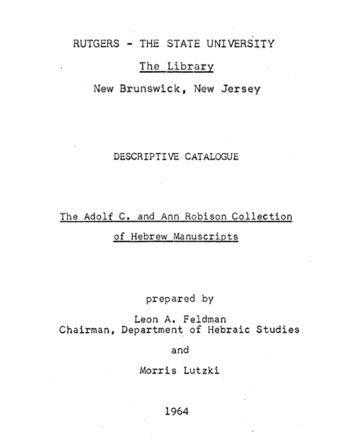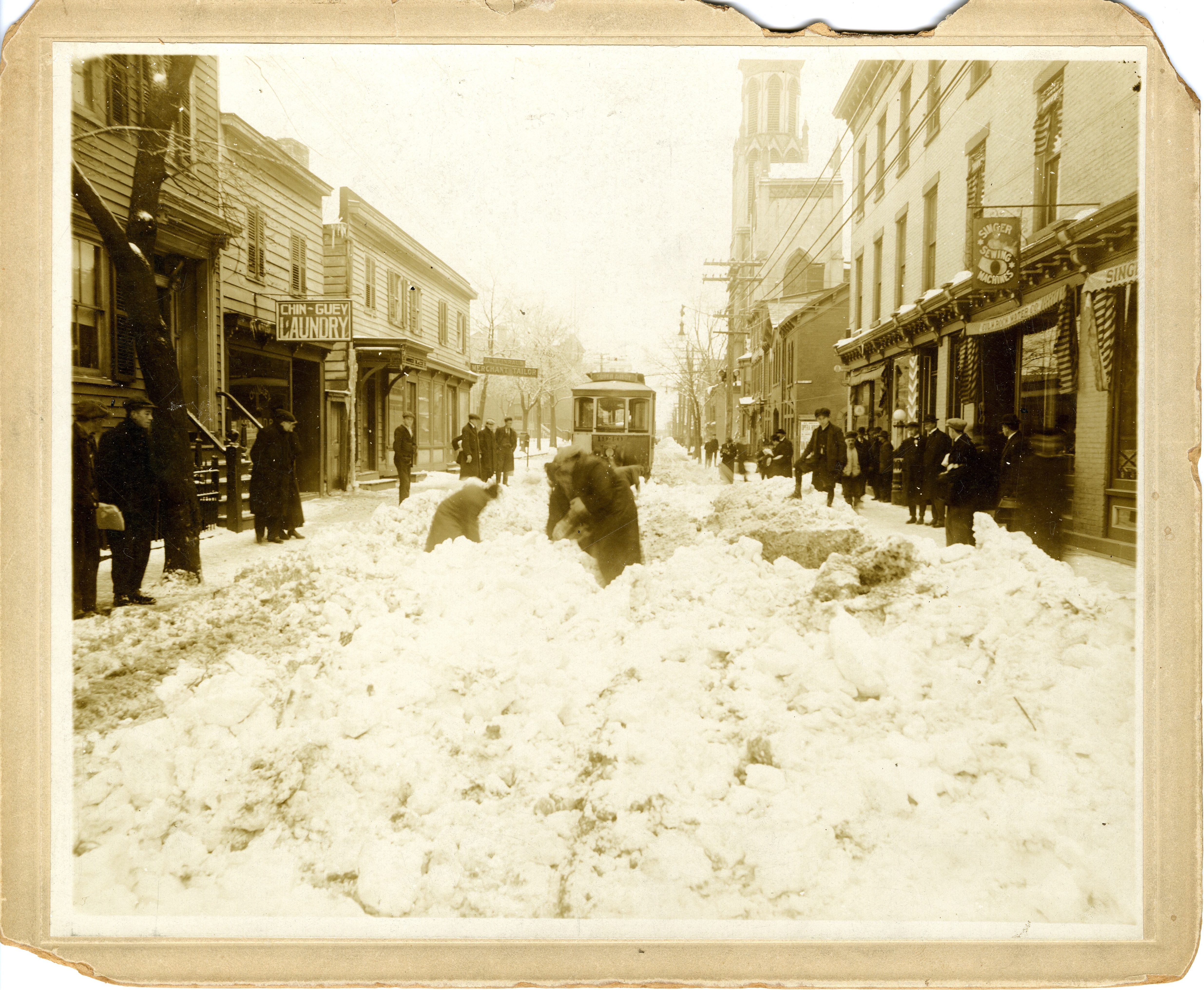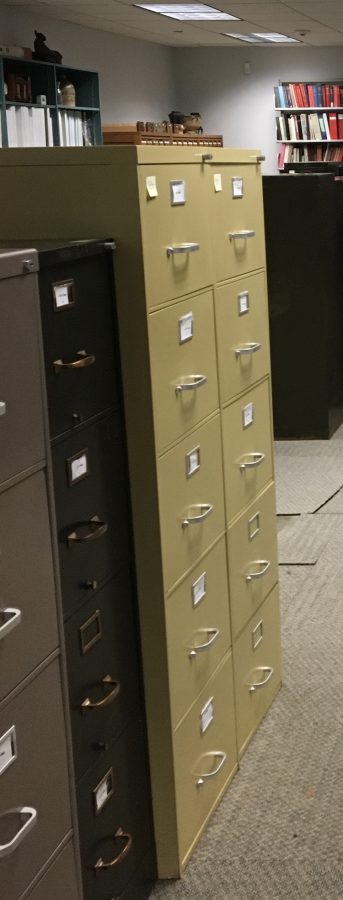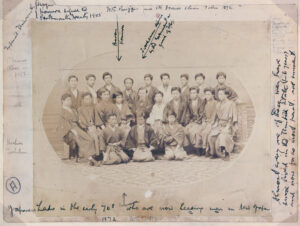by Gary A. Rendsburg
Blanche and Irving Laurie Chair in Jewish History
Department of Jewish Studies
Sometime in the late 1950s or early 1960s, the Adolf and Ann Robison Collection of Hebrew Manuscripts entered the Rutgers University library holdings. Naturally, they were deposited in Special Collections and University Archives (SCUA) in the then relatively recently opened Alexander Library. The c. 50 manuscripts were studied soon thereafter by Professor Leon Feldman (Hebraic Studies), in conjunction with Morris Lutzki, expert in Hebrew manuscripts at the Library of the Jewish Theological Seminary of America. The result of their collaboration was a 53-page typewritten catalogue, stored at SCUA along with the manuscripts themselves.

The manuscripts date to the 15th through 19th centuries and were all written in Yemen. Already in the late 15th century, within decades of the invention of movable type by Johannes Gutenberg, printers (especially in northern Italy) developed Hebrew font for the printing of Hebrew books. Throughout the 16th and 17th centuries, the printing of Hebrew books burgeoned, as the technology spread to main centers such as Salonika, Istanbul, Amsterdam, and Prague. With the new technology readily available throughout Europe and the Mediterranean basin, manuscripts became rarer and rarer (not only in the Jewish world, of course, but throughout book culture more generally).
The one main exception among Jewish communities was Yemen: due to both the relative poverty of the community and the geographical remoteness of the country, the printing press did not arrive until the 20th century. Hence, Yemenite Jewish scribes continued to copy by hand classical Jewish texts such as the Bible, the prayer book, and the Passover Haggadah. Our Robison Collection of Hebrew Manuscripts may constitute the best testimony to this practice in any library outside of Israel.
Enter the digital age, with more and more libraries digitizing their manuscript collections, with high-resolution images readily available for public inspection on the internet. Riding this wave, in 2014 the National Library of Israel (NLI) created “Ktiv: The International Collection of Digitized Hebrew Manuscripts,” in an effort to aggregate all Hebrew manuscripts at a single website. Eight years on, the project now has c. 600 partners (including Rutgers University), with c. 95,000 documents available in digital images.
Our involvement began in 2019, when Rutgers and the NLI signed an agreement, with the latter providing the funds for the digitalization of our Robison Collection. We moved quickly, hired Bruce White, photographer extraordinaire, arranged for library space to undertake the project, and completed the photographic record in January‒February 2020. The main result was c. 5000 images, using the best equipment possible – though note also the timing: we completed the project just weeks before the COVID-19 pandemic would cause the Rutgers campus to close in March 2020, with no further access to Alexander Library.
The pandemic caused some delay, but nonetheless work proceeded. Mr. White mailed an external hard drive containing all the images, all properly organized and labelled, to our colleagues in Jerusalem, and little by little they began to integrate the images into their database.
to be continued …


